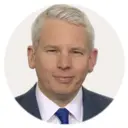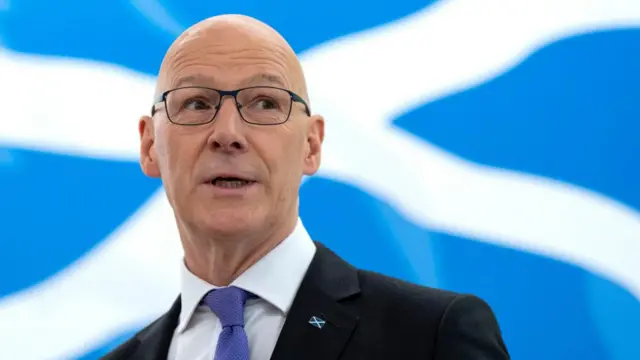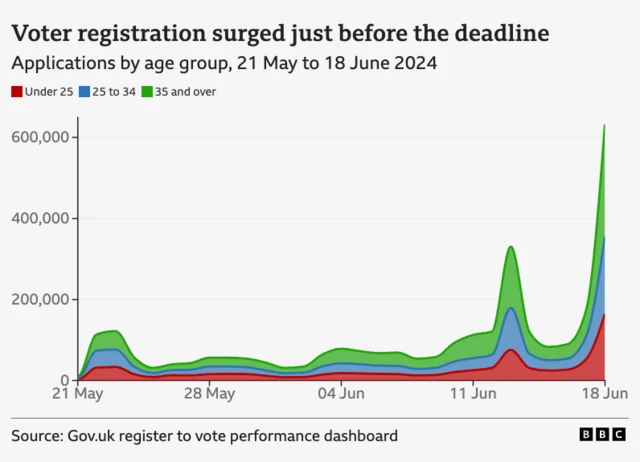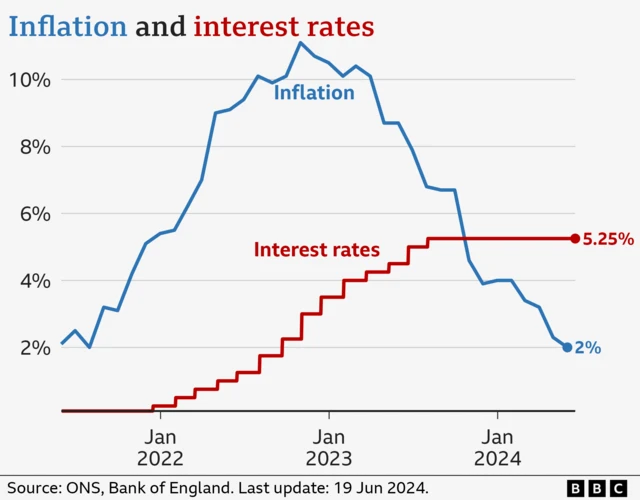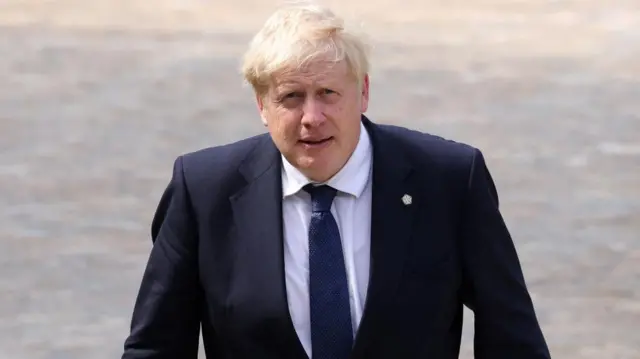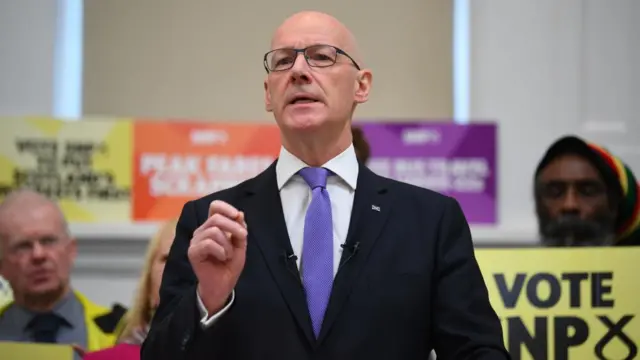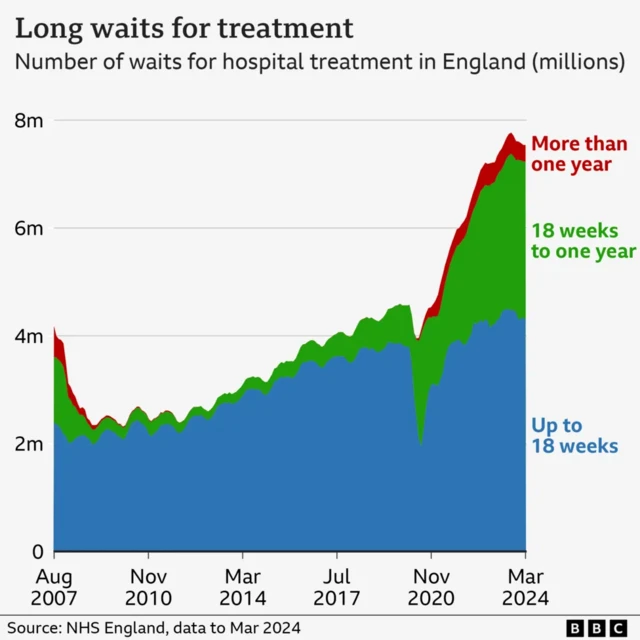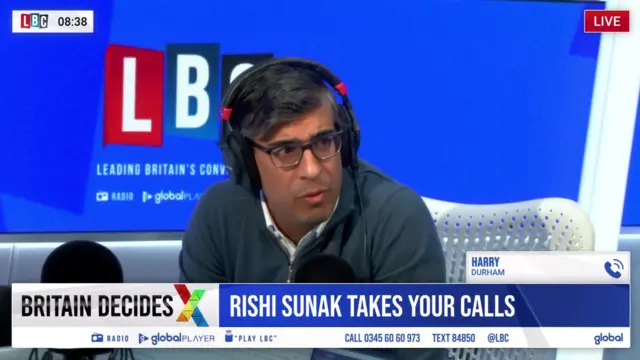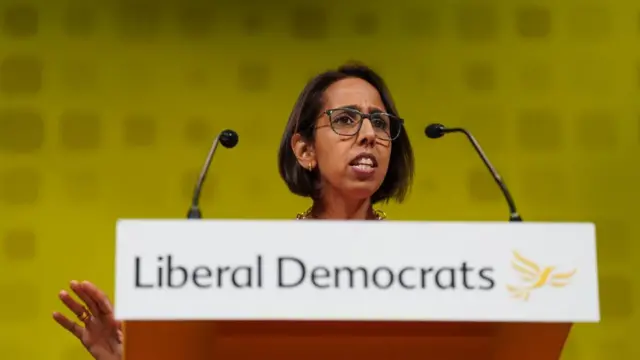Hello from the manifesto launchpublished at 10:40 BST 19 June 2024
 David Wallace Lockhart
David Wallace Lockhart
Political correspondent, reporting from the manifesto launch
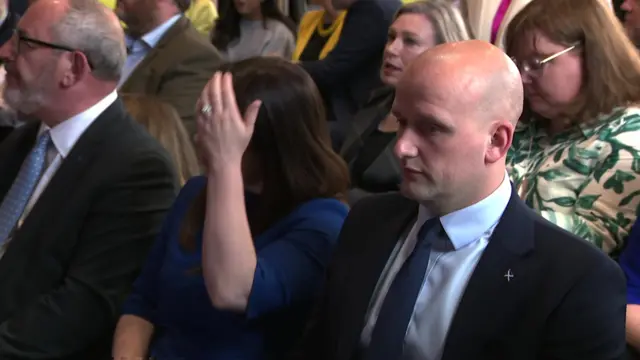 Image source, UK POOL
Image source, UK POOLA few SNP big hitters are starting to arrive at the party’s manifesto launch in Edinburgh.
Westminster leader Stephen Flynn is here, accompanied by a number of his Westminster colleagues.
And some SNP Scottish government ministers have made the short jump over from Holyrood.
We’ve already been told "page one, line one" of the manifesto will be about independence. But the rest of it is under wraps until 11:00.
Until then, myself and fellow journalists will have to keep ourselves entertained with the pastries and coffee on offer.

